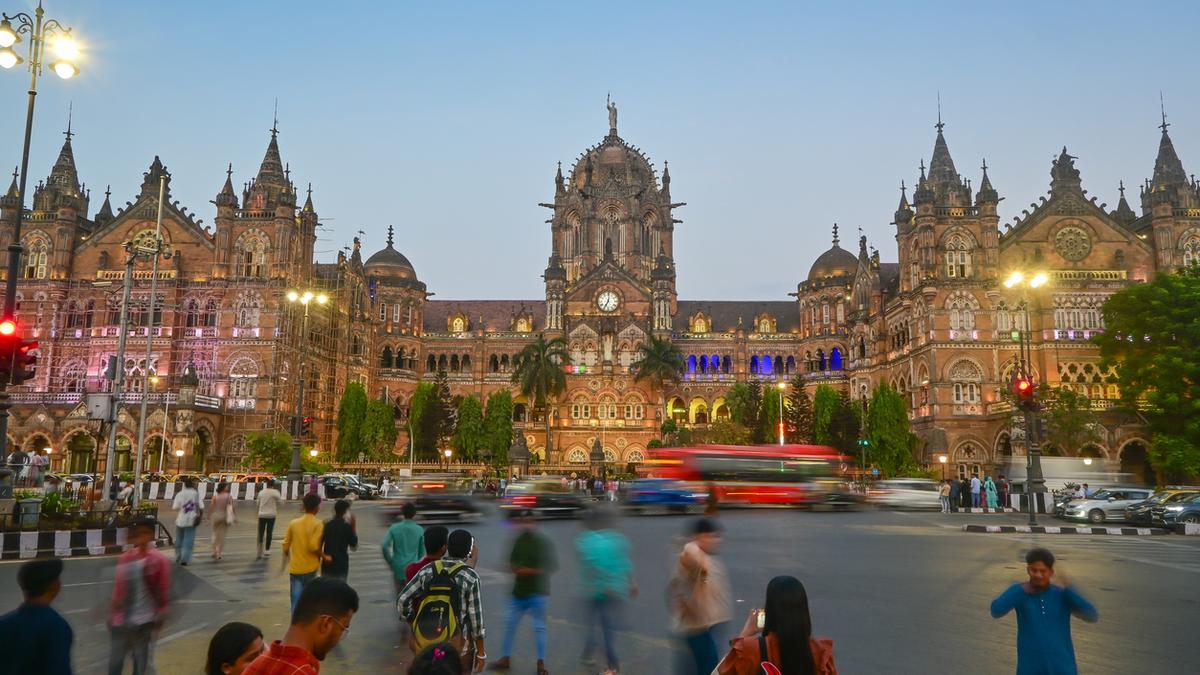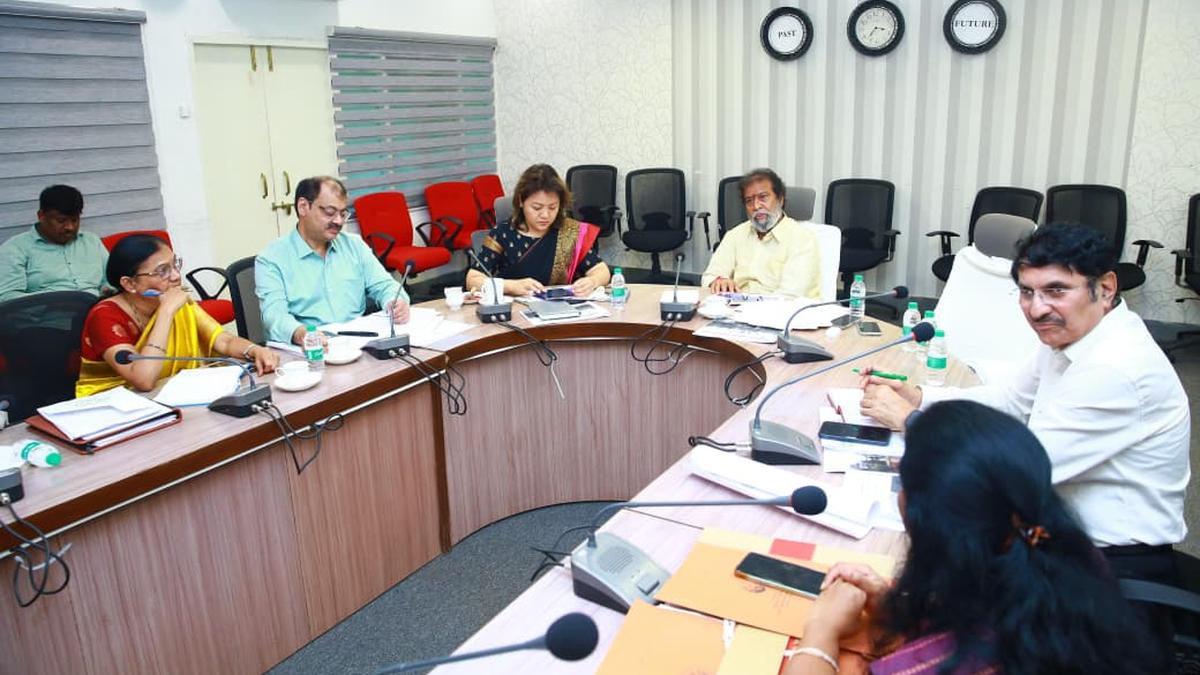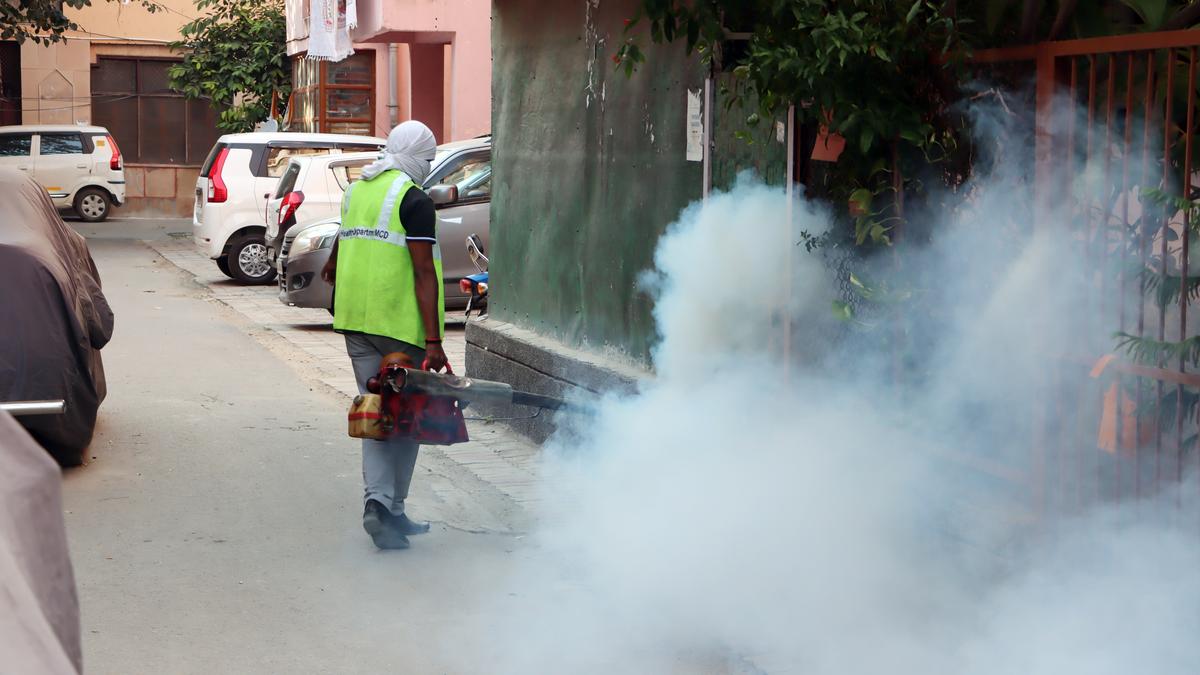Author and journalist Khushwant Singh once termed Bombay the “only city” in India. Calling the rest “oversized villages”, he wrote, “It is true that Bombay has many more high-rise buildings than any other Indian city: when you approach it by the sea it looks like a miniature New York. It has other things to justify its city status: it is congested, it has traffic jams at all hours of the day, it is highly polluted and many parts of it stink.”
Bombay or Mumbai still holds that status for other reasons as well. It is perhaps the only city in India where you can see Gothic spires and glass skyscrapers in the blink of an eye. It is the only city that never sleeps, yet harbours millions of dreams. Bombay is evidently a banker’s treasure trove; it is equally a writer’s muse.
In The Only City: Bombay in Eighteen Stories, various writers bring out the contradictions of this bustling megapolis. “What we have here, in these pages,” writes Anindita Ghose, in her editor’s note, “is a collection of Bombay moments.”
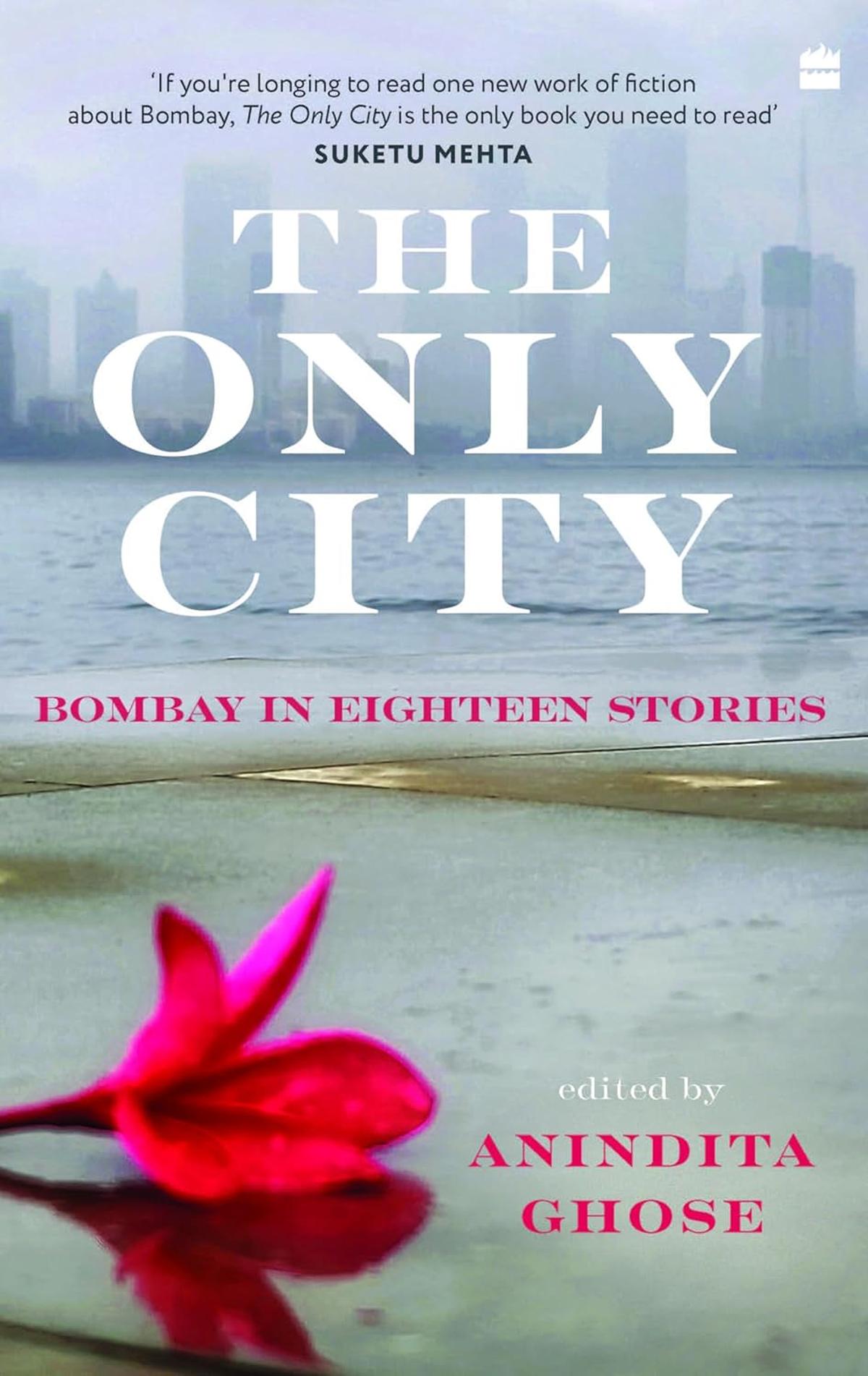
Intimacy in crowded spaces
These moments are clear to a Mumbaikar almost instantly. In Amrita Mahale’s story ‘Aai-Tai’, Sayli, who works in AI annotation, bumps into her boss, Ananya, on the street where she lives. Ananya says she is surprised that she has never seen Sayli before, despite being her neighbour. But Sayli knows better: in a sprawling, unequal city, the poor struggle for visibility.
In Diksha Basu’s ‘Bollywood, Baby’, an aspiring actor wears a dress that’s worth almost half her rent. While her father remains hopeful that she will return home to a “real job” some day, she does all she can to make a mark in the glamour world.
In Ghose’s excellent ‘Normal Neighbours’, a happy couple, Mahesh and Aparna, moves into a glitzy apartment. Aparna slips into her new life easily: sipping vegetable juice, going for laps in the pool, and raising glasses of wine at parties. But she becomes nervous and snappy when she realises that not just crushed linen clothes, but partner swapping too is a fad for the super rich.
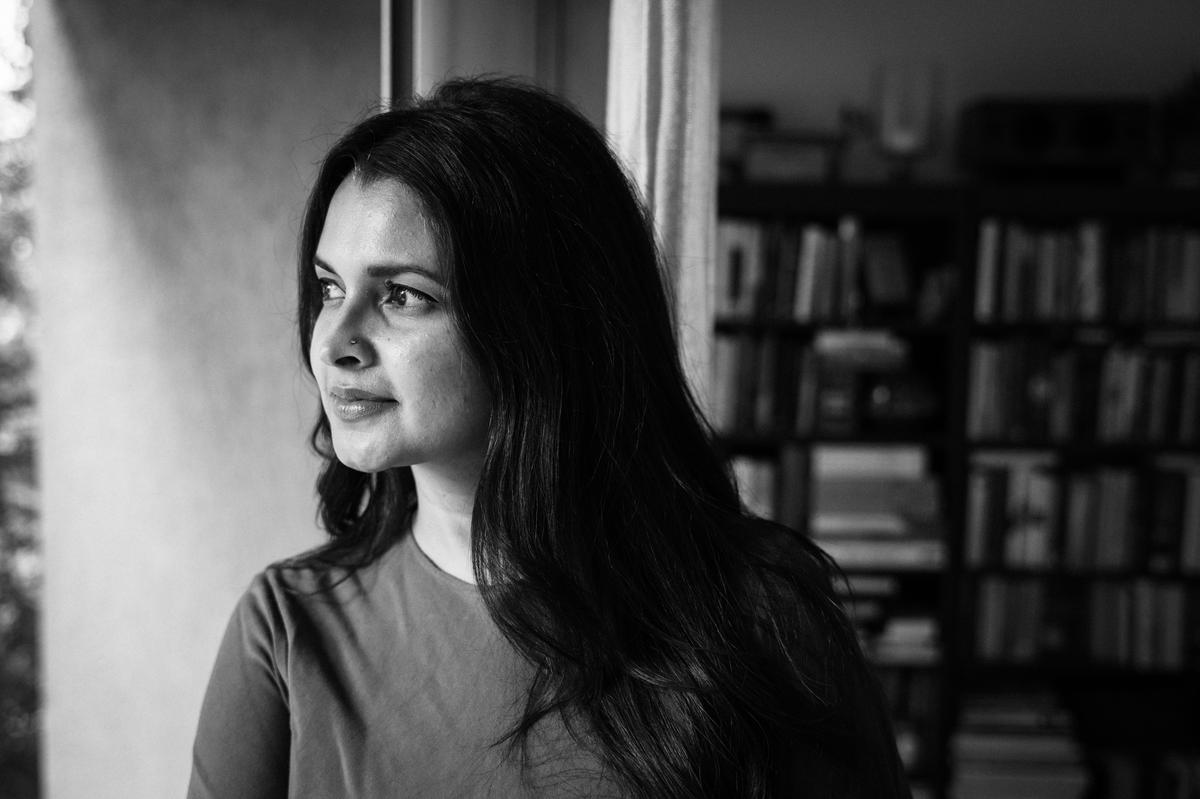
Author and editor Anindita Ghose
Sometimes, entire stories are Bombay moments. Overcrowded trains spell discomfort or even death for some, but in Prathyush Parasuraman’s gripping ‘Two Bi Two’, they provide occasion for sexual gratification. This is a city where small shanties offer little to no room, so intimacy spills into the train and becomes a public act; a part of the literal Bombay journey. There is voyeurism as well — bored or curious men look on, knowingly but silently, at the two men’s bodies in rhythm until they are spat out of the train. In ‘The Hon. Secy’, Kersi Khambatta turns everyday apartment fights into a wildly entertaining tale full of humour and over-the-top drama.
The city as witness
Bombay can be too romanticised as a city of upward mobility and hope. But as Yogesh Maitreya writes, “Mumbai is [also] the graveyard of many, many dreams — dreams that dare to create a fusion of love and justice.” Jeet Thayil’s ‘Your Meat in My Hands’ plunges the reader into the underbelly of the city, where the desire for meat becomes a death sentence. He strips the numbness from routine newspaper headlines, exposing the raw, brutal horror behind them with visceral clarity. This is a Bombay that makes you shudder and squirm.
In his debut short story, ‘Where The Lights Never Go Out’, Jairaj Singh also steps into ruthless dark places. While Thayil’s characters command that world, Singh’s characters go in gingerly, with plenty of curiosity, a little hunger, and some fear.
The collection spans Mumbai — from the southernmost tip of the Tata Institute of Fundamental Research, to Malabar Hills, Marine Drive, Dadar, Mulund, Sion, all the way to Andheri East. They revolve around dreamers, hustlers, schemers, and lovers — each bringing out a slice of life in an ever-changing city. Amid pages brimming with restlessness, Chirodeep Chaudhuri’s photographs capture moments of stillness and quiet.
As with any ambitious collection that seeks to bring out the complexities of a city through very different voices — from Shanta Gokhale and Ranjit Hoskote to Prayaag Akbar and Raghu Karnad — only some stories are truly memorable. But even where the writing doesn’t shine, Bombay or Mumbai does — as the beating heart of the narrative.
radhika.s@thehindu.co.in
The Only City: Bombay in Eighteen Stories
Ed. Anindita Ghose
Fourth Estate India
₹699
Published – October 24, 2025 08:40 am IST
